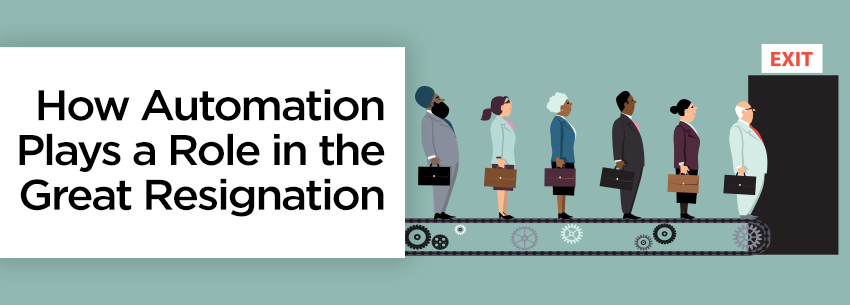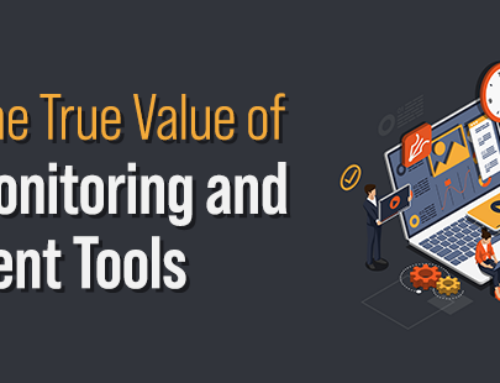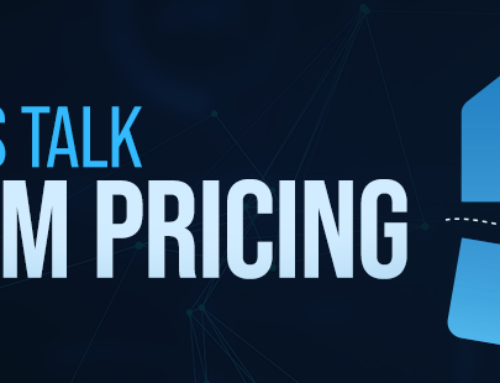Over the past year, we have seen the rise of the so-called “Great Resignation,” where millions of employees are quitting their jobs for new opportunities. This presents a new challenge for businesses, where it may be harder than ever before to find (and keep) the talent they need to support their customers.
To put the Great Resignation into perspective, 4.5 million people quit their jobs in a single month in November 2021, a record high, according to a Bureau of Labor Statistics report released in January, amounting to around three percent of total workers — a significant sum. Additionally, one study estimates that by 2030 there will be a global talent shortage of 85 million people, resulting in $8.5 trillion in lost revenue.
The talent challenge this poses for managed services providers (MSPs) is especially poignant. The Great Resignation phenomenon adds to a pre-existing shortage of talent in technology, which for years has left MSPs and other technology companies fighting for talent and driven salaries to astronomical levels. In 2021, 64 percent of IT leaders identified this shortage as one of their biggest barriers to adopting emerging technologies in 2021, up from just 4 percent in 2020.
As a result of this talent shortage, automation has risen its profile as a way to help businesses manage this crisis. Automation has the potential to augment the capabilities of existing employees to make them more efficient and, in some cases, fill the role of an employee entirely in the event they can’t fill the position.
One example of this in practice is to leverage technology for workflow automation. In this case, automation tools can help take on the burden of manual, repetitive tasks that distract employees from more strategic projects. The result is reducing employee workload and providing more satisfying, engaging, and enjoyable work for critical functions in an MSP business.
In HR, workflow automation can leverage technology to help sort through hundreds of candidate resumes, send routine communications, and set up onboarding tasks. In customer support, automation can help juggle multiple support tickets simultaneously and more quickly resolve routine requests. Meanwhile, in marketing and sales, automation can streamline email campaigns, tracking, and automate routine tasks involved in selling.
While automation has advanced significantly in recent years, some theorize that the Great Resignation will spawn further advancements in innovation in this area. As more and more companies rely on innovation to close the talent gap, it only makes sense that this will spawn a new wave of innovation in this sector, which will likely benefit MSPs around the world.
The final opportunity for an MSP with automation is to help their customers realize the same benefits they may feel inside their organization. As a trusted advisor and expert in technology implementation and management, automation can open the doors to further strategic projects with clients as they look to deal with their challenges in finding talent.
While the Great Resignation may not last forever, the benefits provided by automation are here to stay. MSPs have an opportunity now to leverage the current crisis to improve their processes and business operations through automation, hopefully setting up a brighter and more productive future for many years to come.




